Page Content
What does IGOPA Stand for?
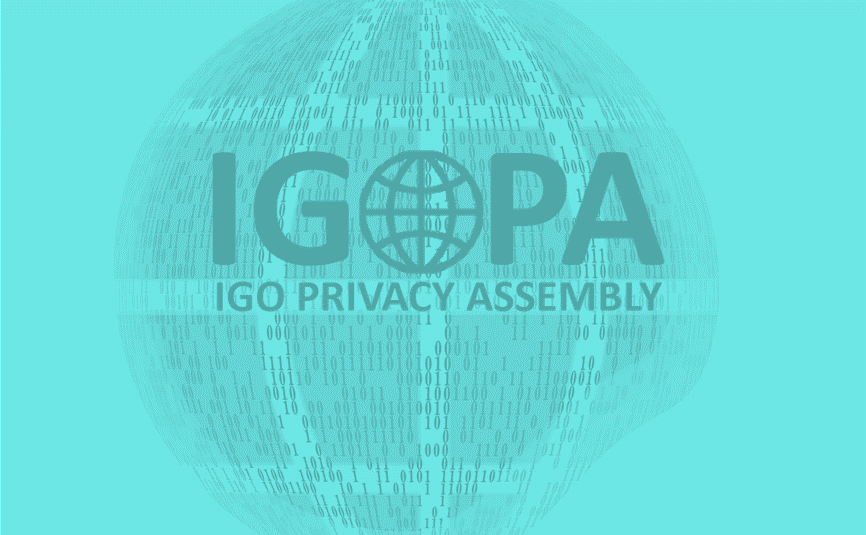
IGOPA stands for Intergovernmental Organisations Privacy Assembly.
We are a group of Data Protection Officers and privacy professionals working in Intergovernmental Organisations with a passion for Data Protection.
What is an IGO?
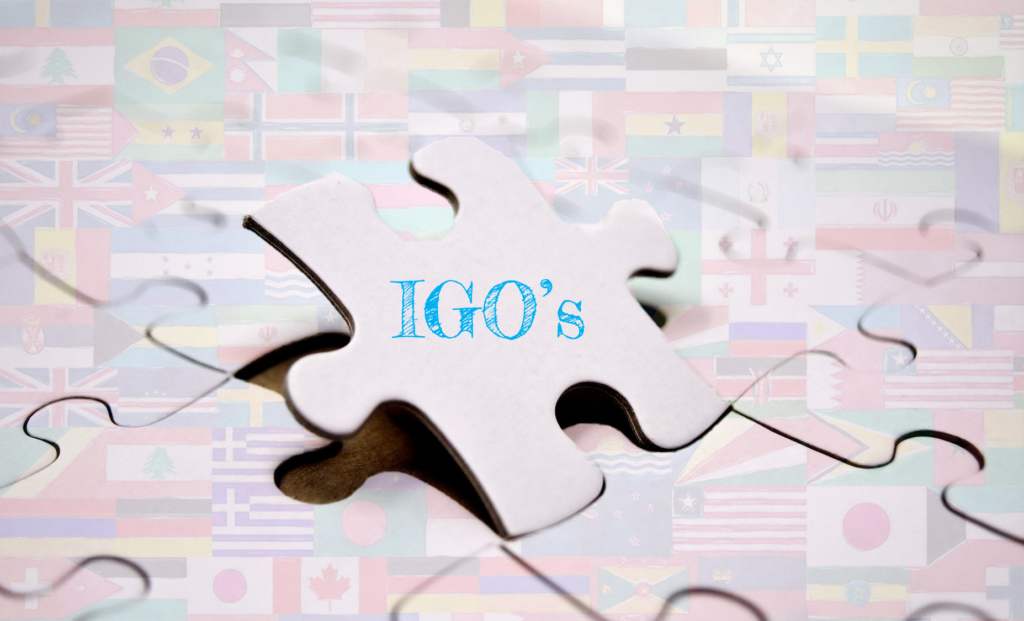
The term intergovernmental organization (IGO) refers to an entity created by treaty, involving two or more countries, to work in good faith, on issues of common interest. Some well known examples are United Nations (UN), Organization for Economic and Co-operation Development (OECD), Council of Europe (CoE), CERN
Does GDPR apply to IGO’s?
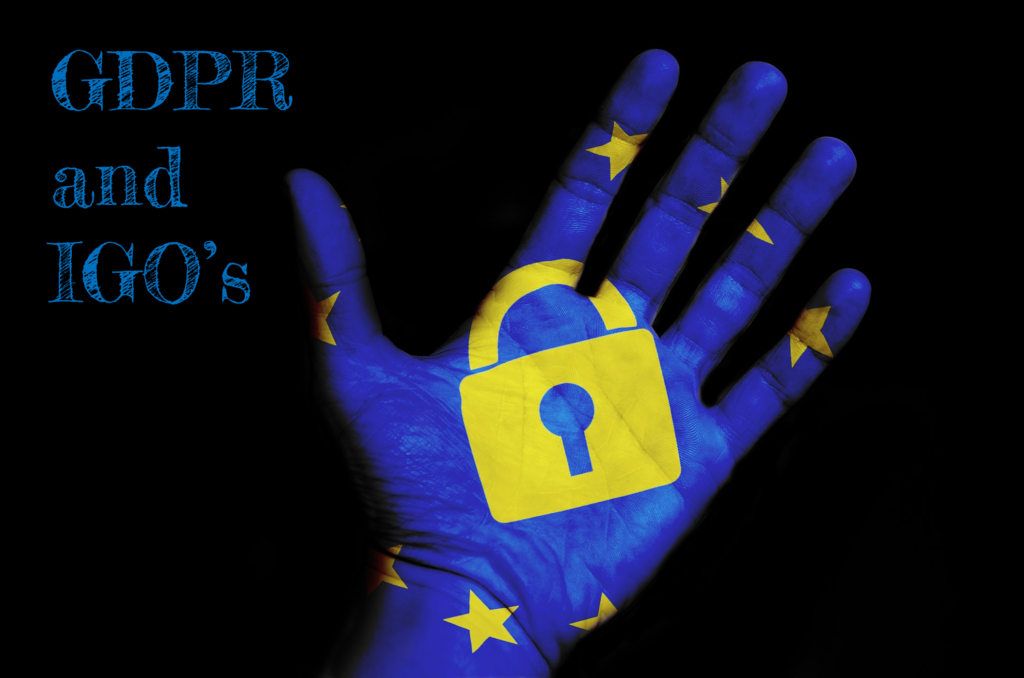
No! IGO’s are not subject to the laws of any particular country or region as this could possibly give one country or region an unfair advantage over the workings of the IGO. Instead IGO’s operate in terms of international law, often by treaty. This means that IGO’s most often create their own rules for their operation. This includes rules about data protection.
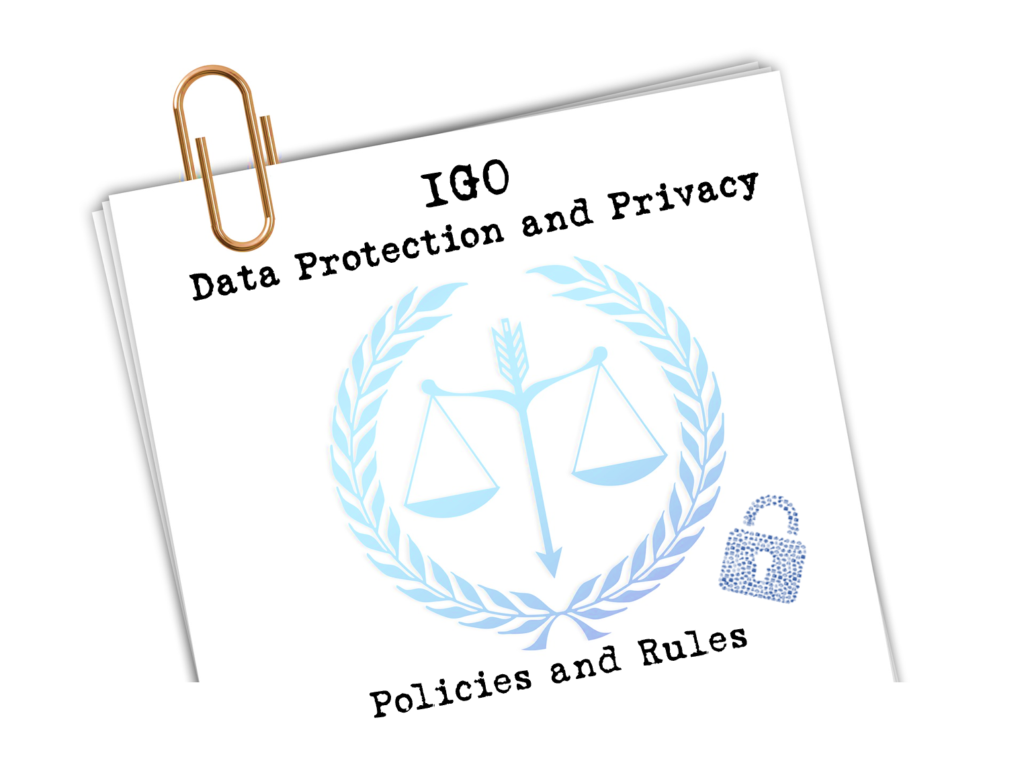
This means that IGO’s most often create their own rules for their operation. This includes rules about data protection.
What is the difference between an IGO and an NGO?
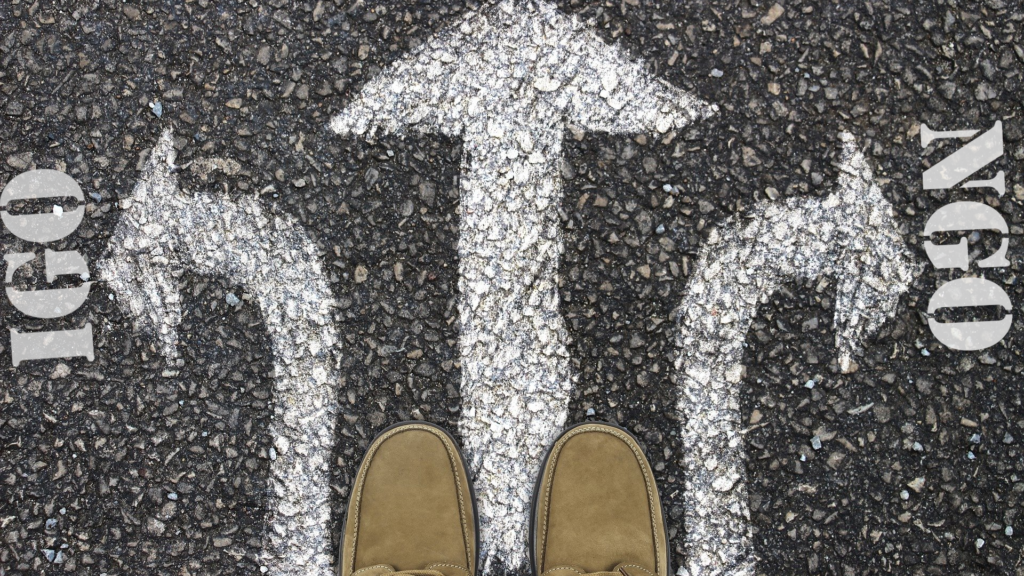
An important difference is who creates these organizations. IGOs are created by states (governments/countries) non-governmental organizations (NGOs) are formed by people, associations or businesses, not states. This means than an IGO cannot be an NGOs because IGOs is are established by governments, IGO therefor can’t be “non-governmental”
In addition, an NGO operates in different countries and is subject to the laws of the governments of those countries. An IGO, in principle is not subject to the laws of countries or their governments, the operate in terms of international law.
Examples of IGO’s include the United Nations, CERN, the World Bank, European Space Agency.
Examples of NGO’s include Red Cross, Oxfam, IGOPA, Amnesty International.
What is the difference between an IGO and an International Organisation?
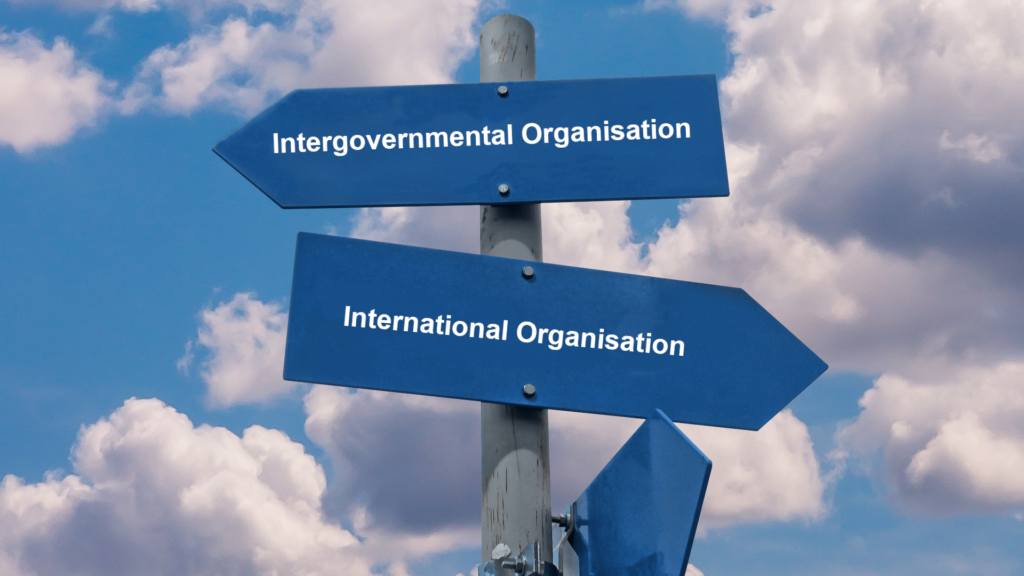
An International Organization is an organization/group having members from (or having presence in) more than one country. The organization could be governmental or non-governmental, for-profit or non-profit.
An IGO is an organization composed primarily of sovereign states, or of other intergovernmental organizations, established by treaty or other agreement.
An IGO is therefore a subset of an International Organization.
GDPR has its own unique definition of an ‘international organisation’ (which) means an organisation and its subordinate bodies governed by public international law, or any other body which is set up by, or on the basis of, an agreement between two or more countries. Art 4(26)
This means that the GDPR definition of ‘International Organisations’ is limited to IGO’s only. Other international organisations are not included.
Examples of International Organisations include the Doctors Without Borders, Greenpeace, Amnesty International, SOS Children’s Villages.
Examples of IGO’s include the United Nations, CERN, the World Bank, European Space Agency.
What is the difference between an NGO and an international company or multinational business?

An IGO is an entity created by treaty, involving two or more nations, to work together on issues of common interest. Many IGOs were created as a way of countries to work more successfully together in the areas of peace and security, scientific research and economic questions.
An international company or multinational business is an origination that has as its main aim the pursuit of profit.
An international business trades goods, services, technology, capital and/or knowledge across national borders. It involves cross-border transactions of goods and services between two or more countries. A multinational business owns and controls the production of goods or services in at least one country other than its home country.
Examples of international companies and multinational businesses include Adidas, Apple, Coca-Cola, Google, Volkswagen, Rio Tinto, BP, ExxonMobil.
Examples of IGO’s include the United Nations, CERN, the World Bank, NATO, OPEC, European Space Agency

